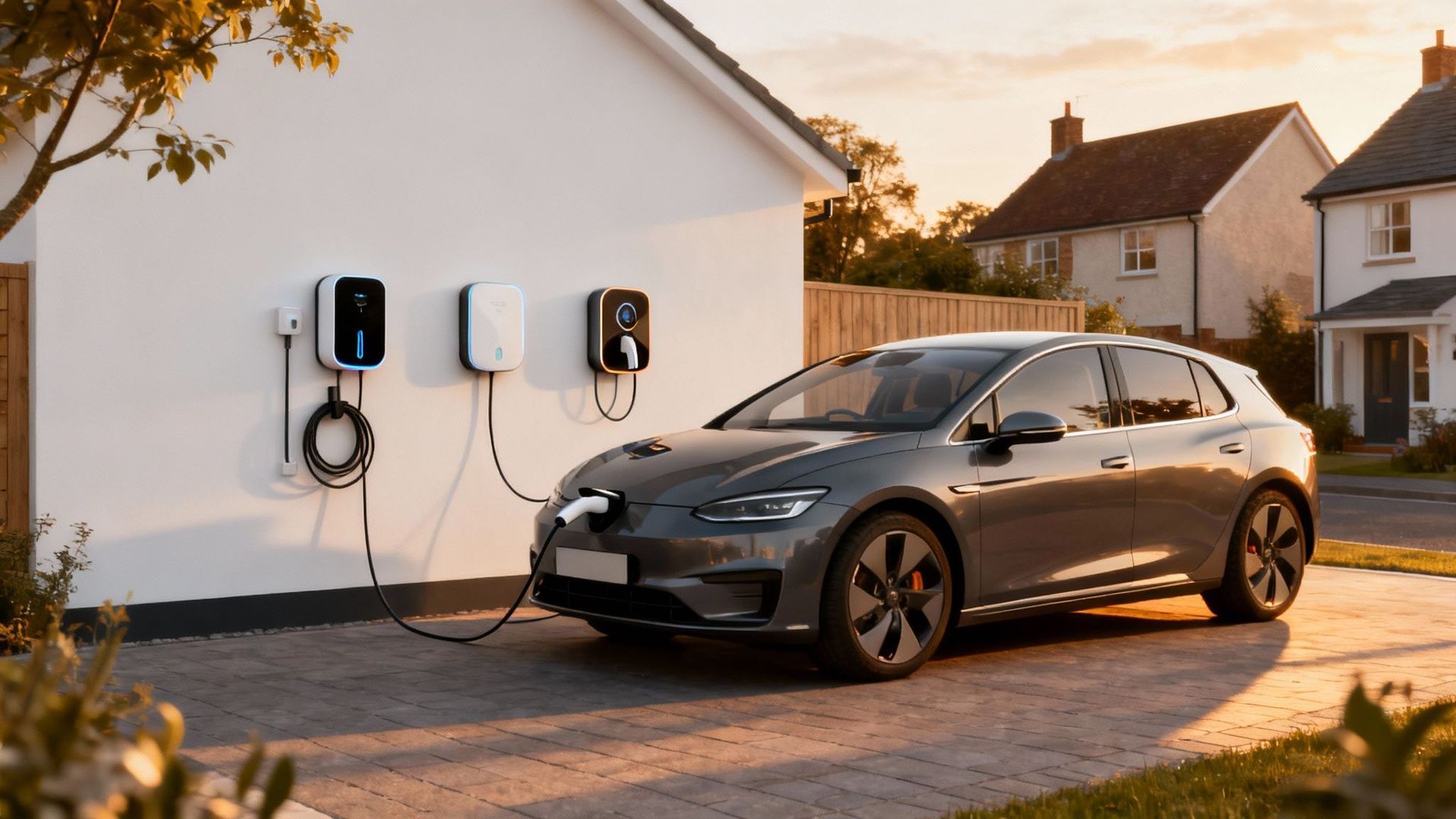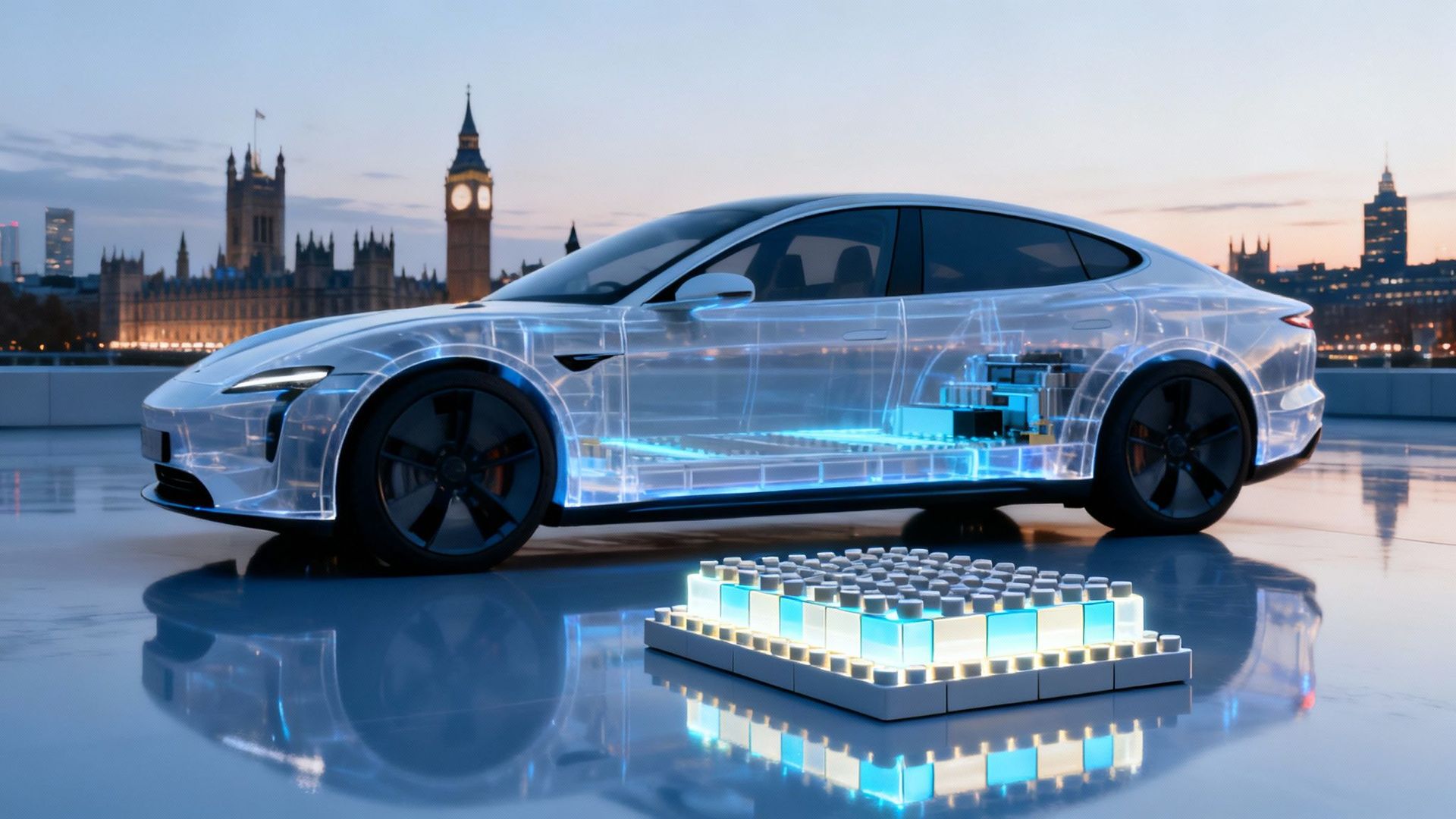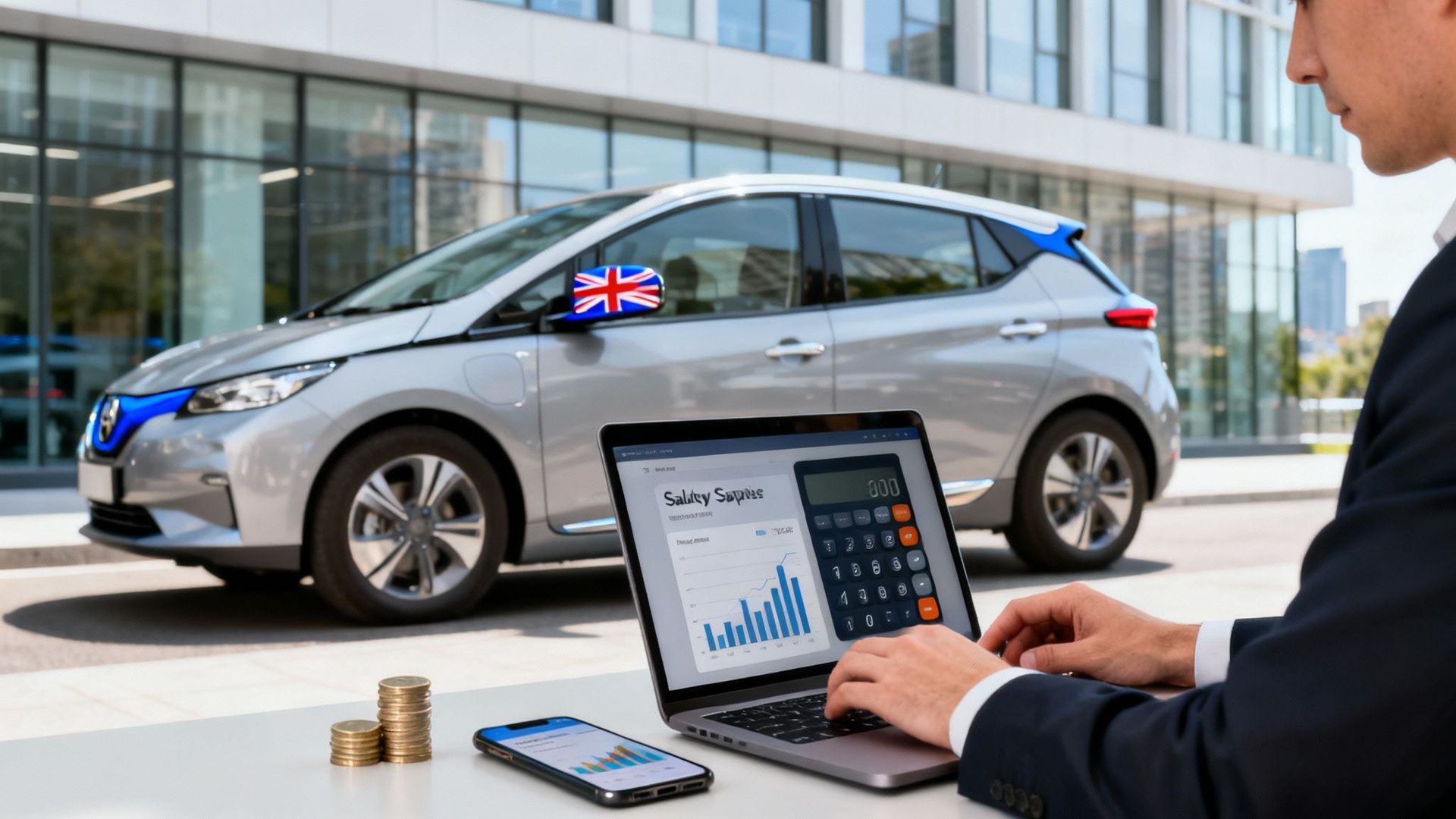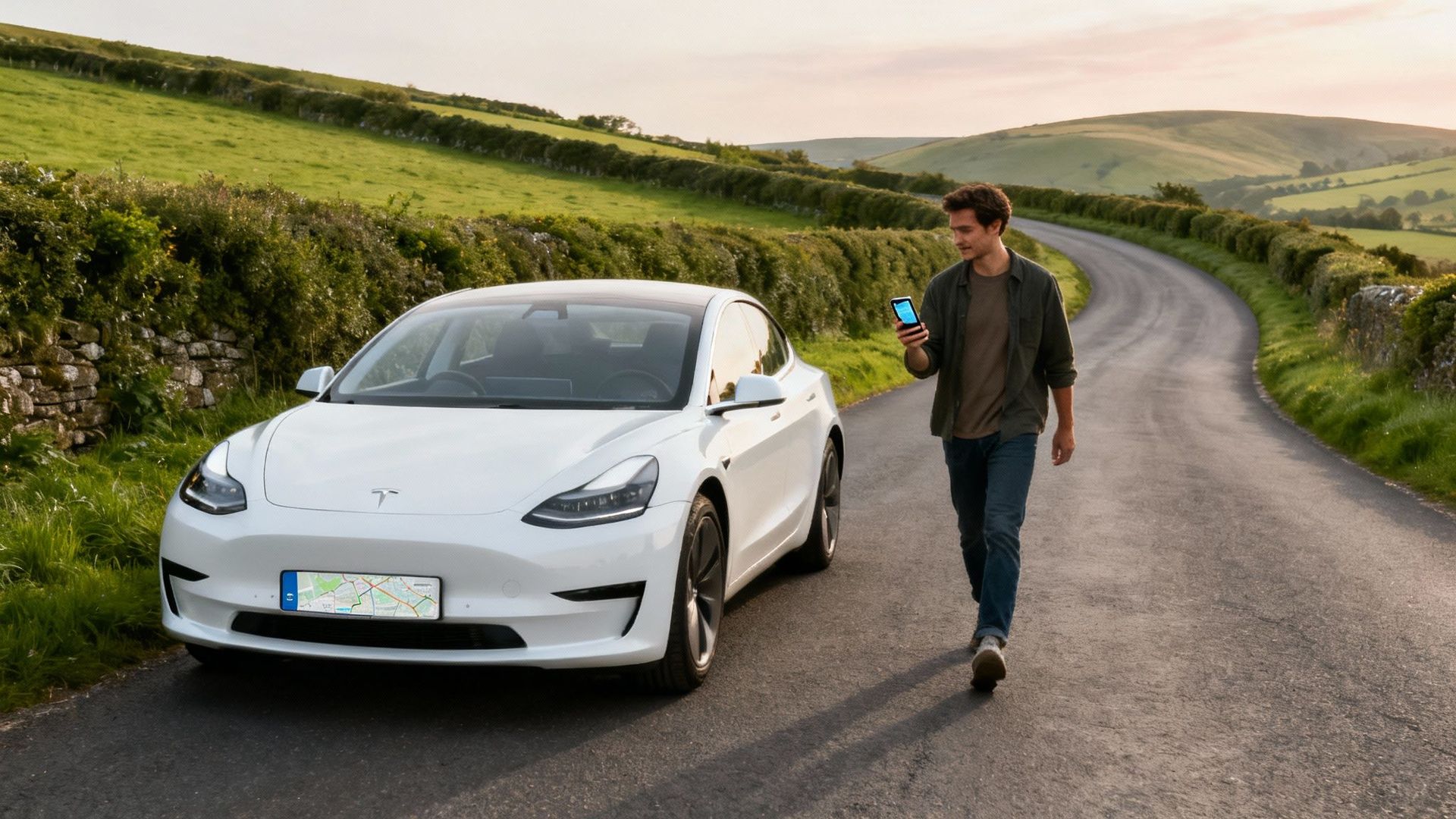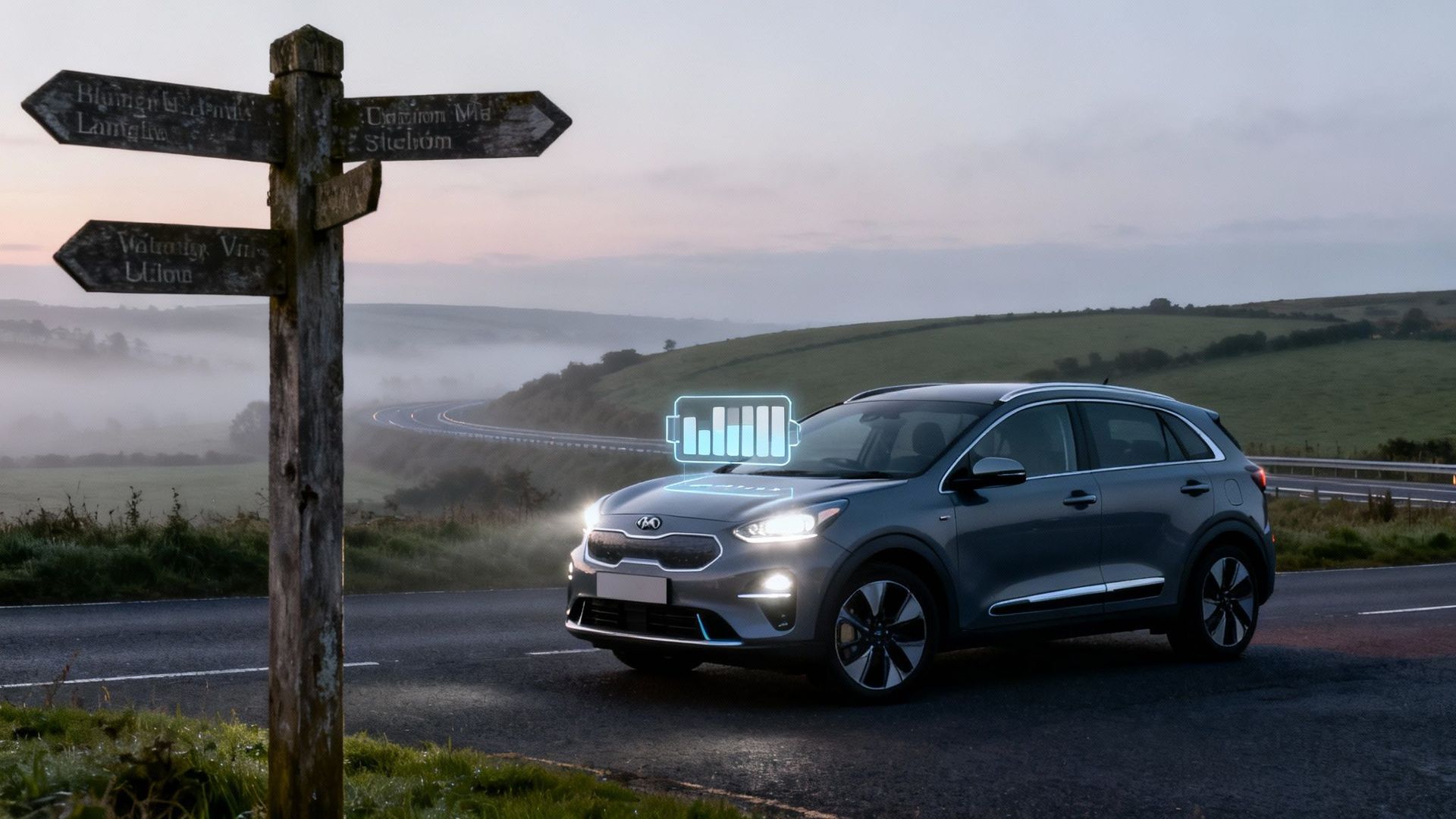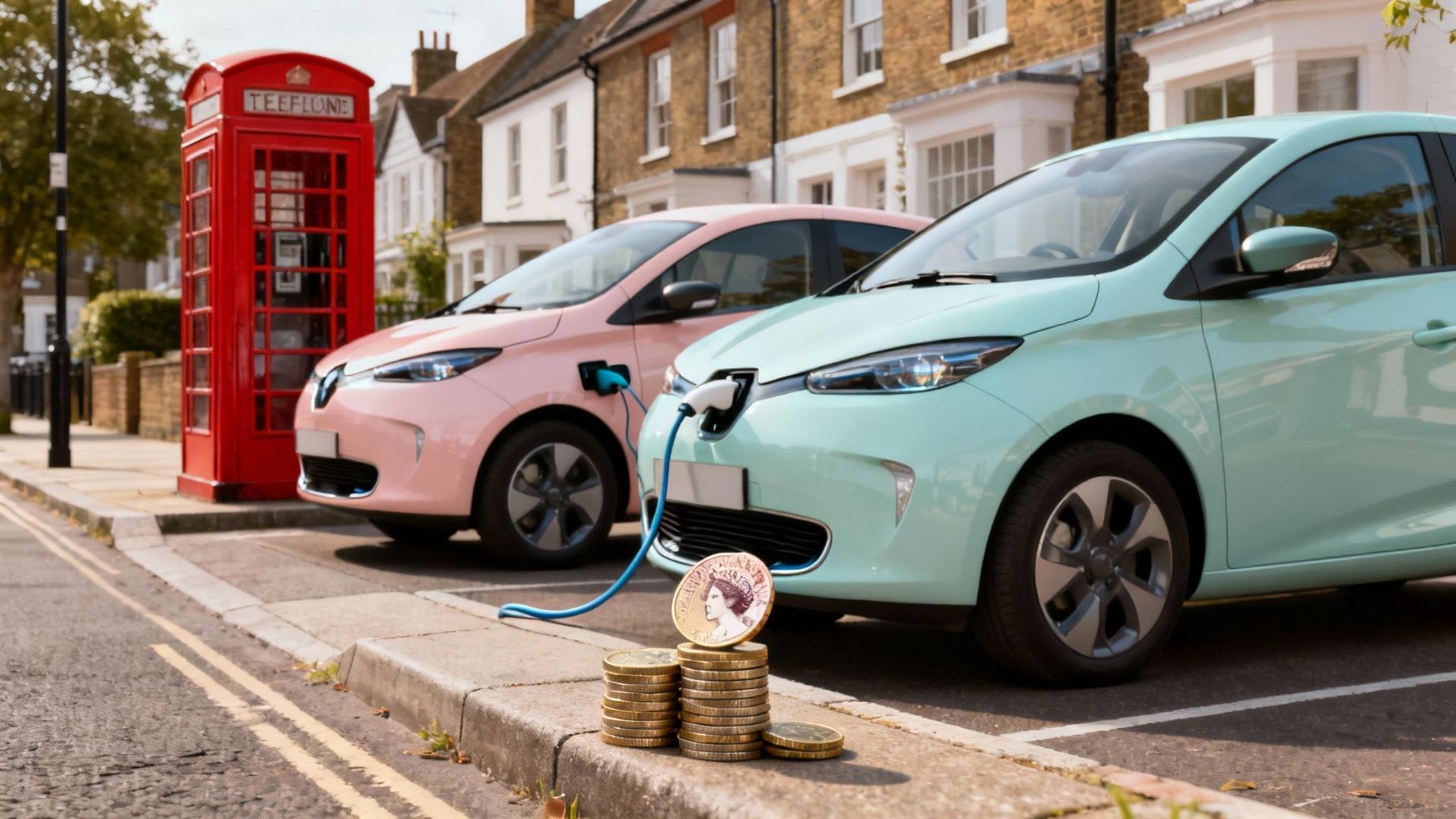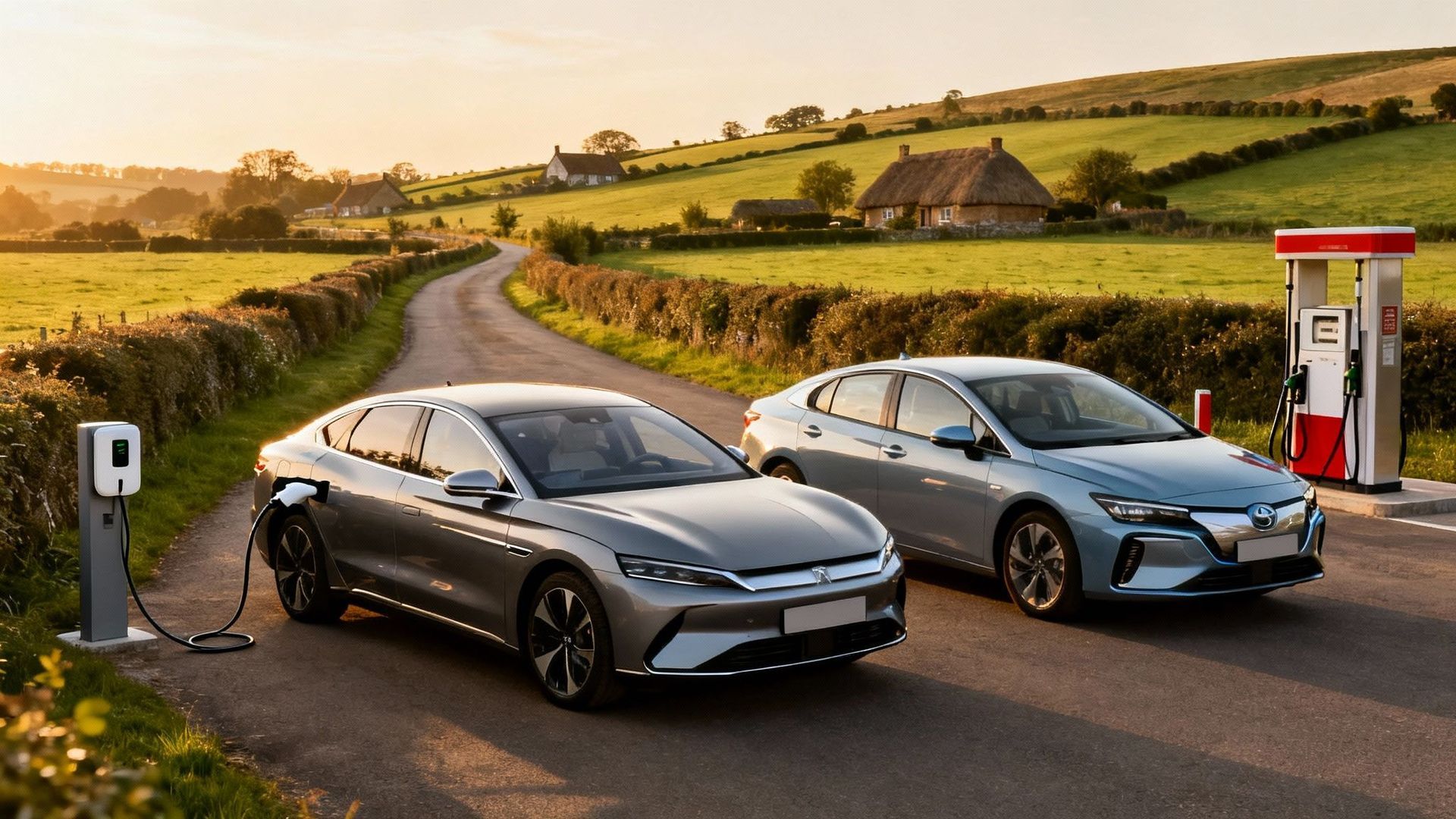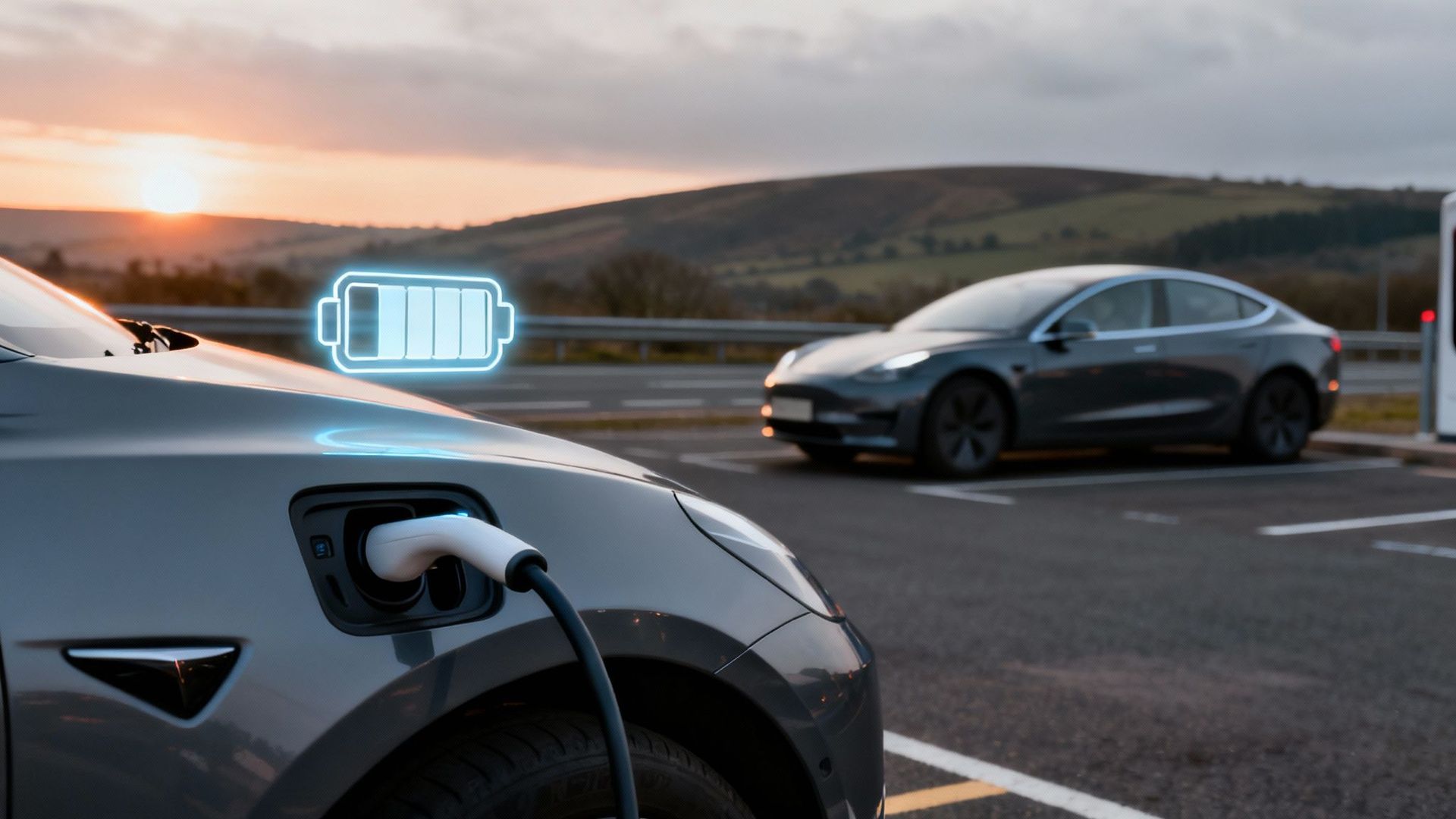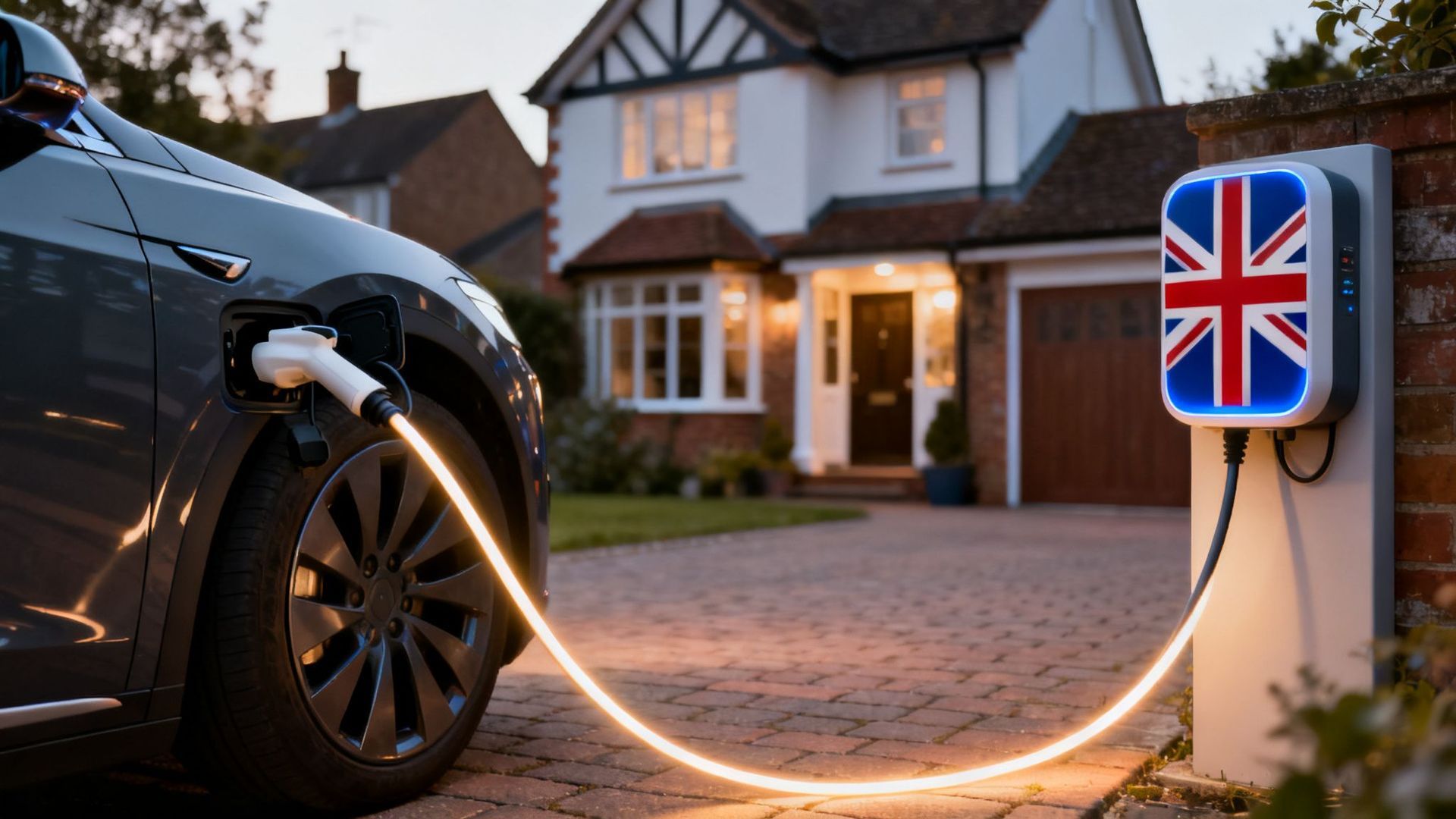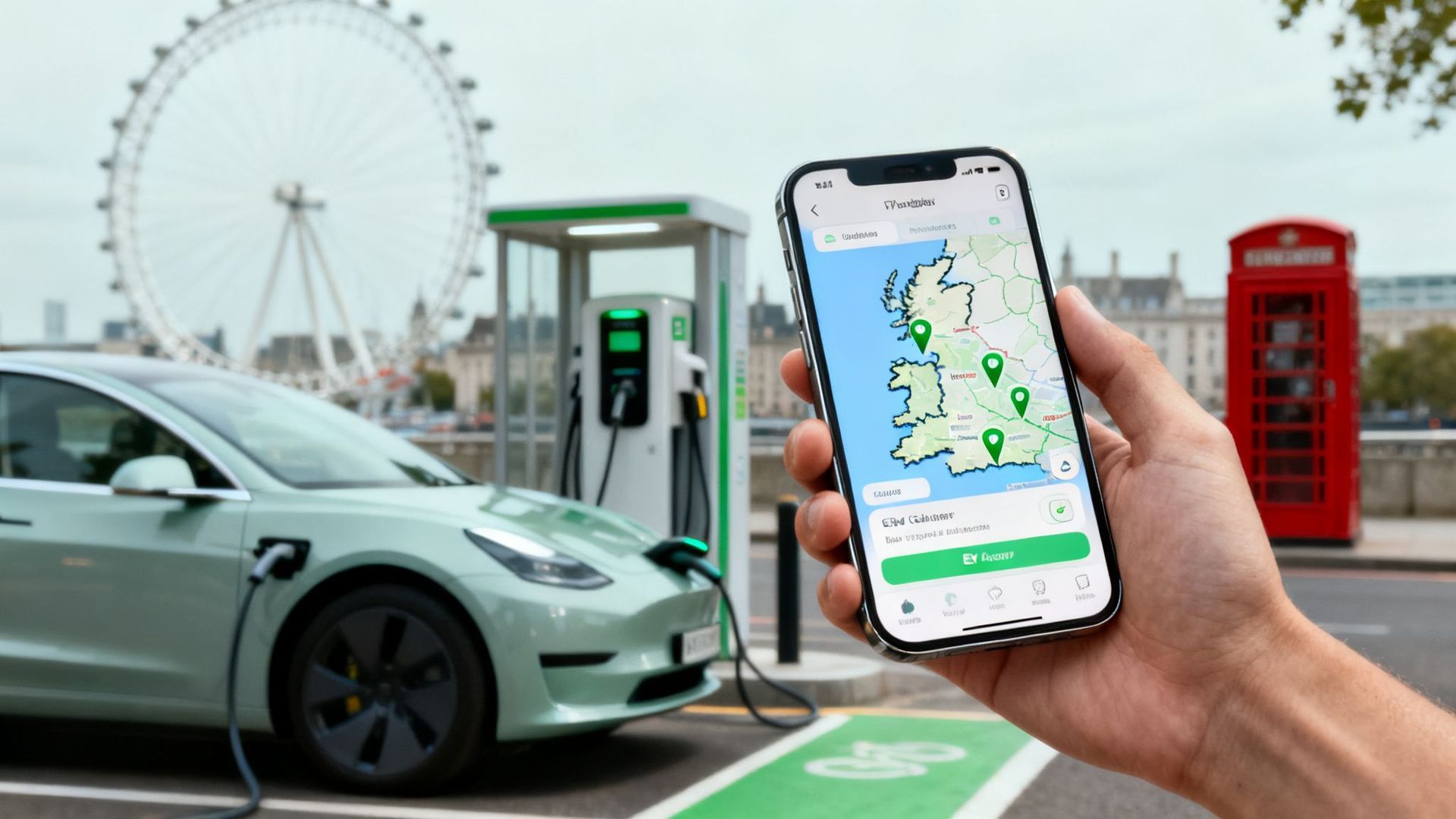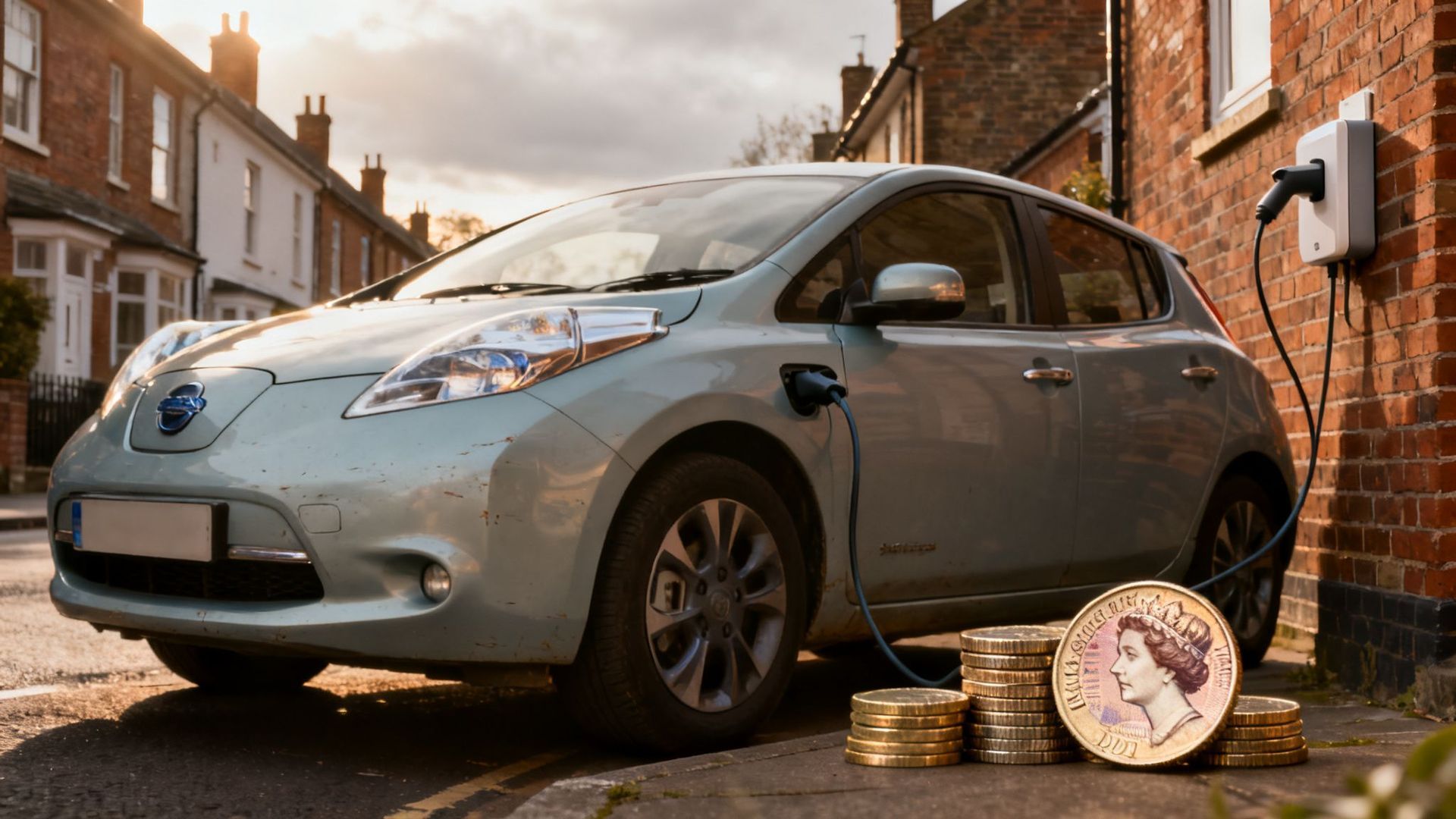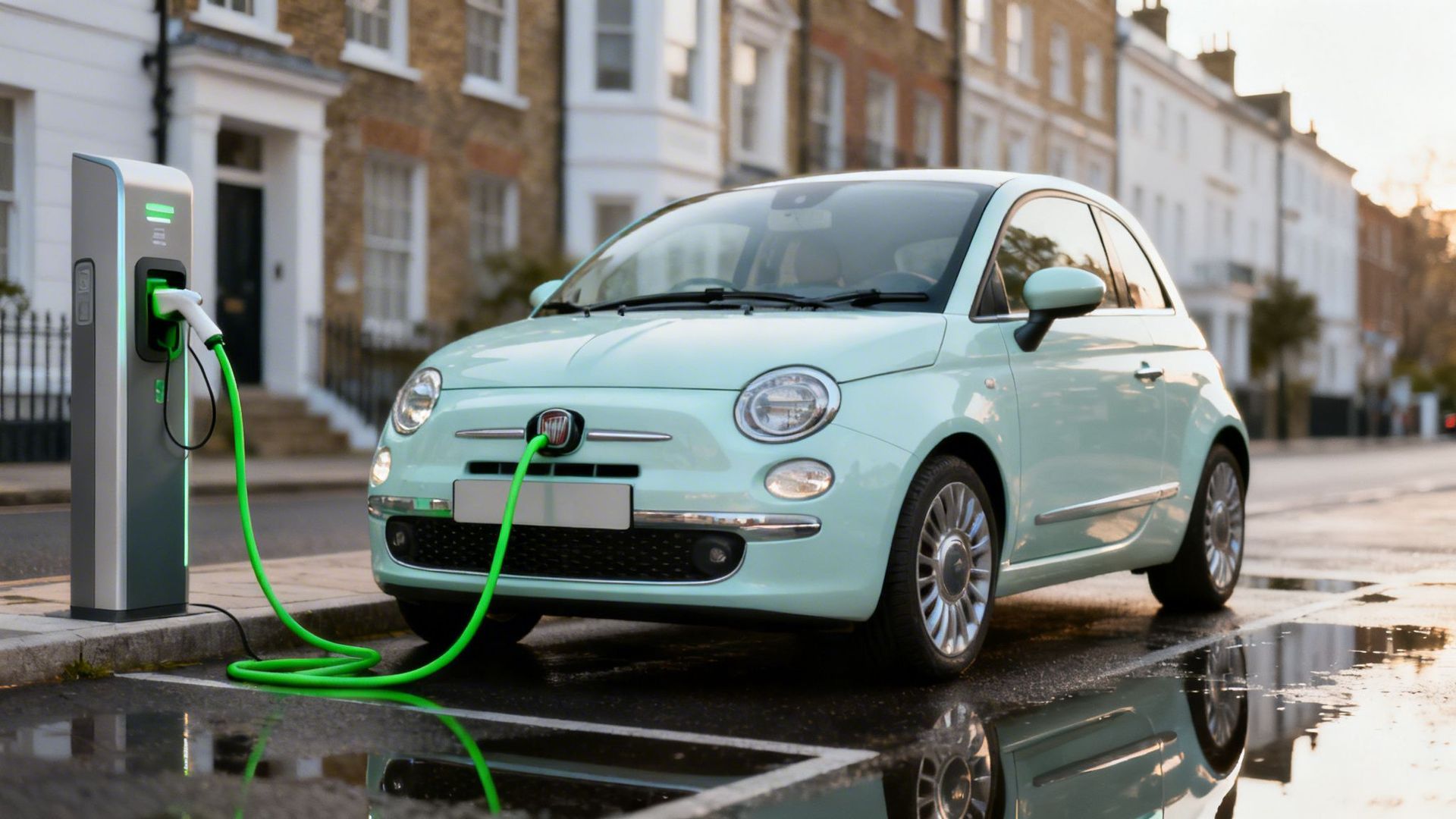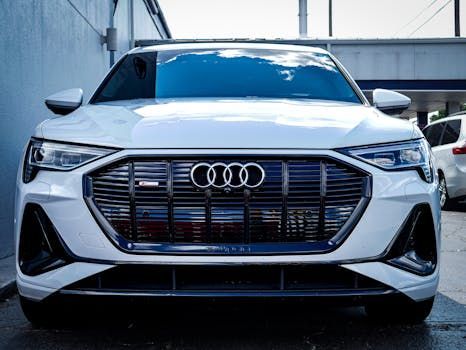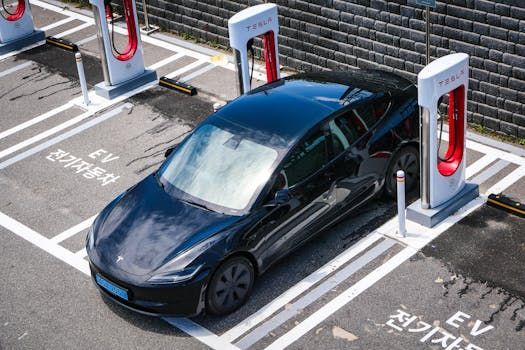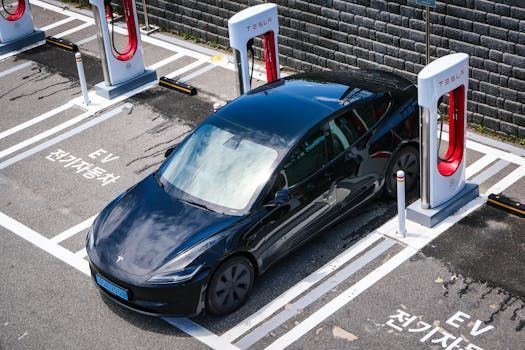The Realities of Electric Vehicle Ownership in the UK
Myths debunked, benefits explained and why more UK drivers are choosing electric vehicles.
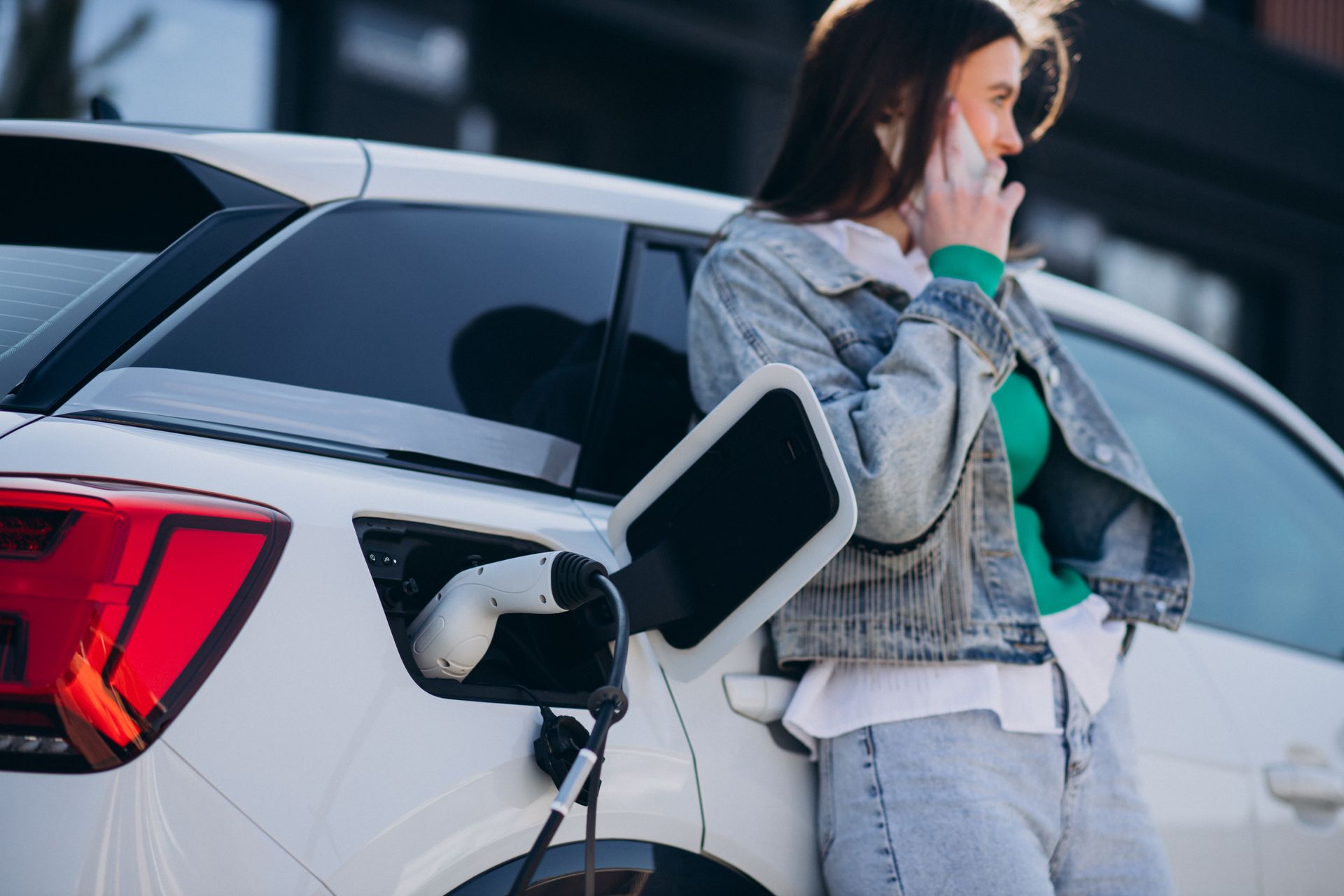
Electric vehicles (EVs) are becoming an increasingly common sight on UK roads. With advancements in technology and infrastructure, more drivers are considering the switch. However, certain misconceptions and concerns still linger. Let's explore the current landscape of EV ownership in the UK, addressing common barriers and highlighting the benefits.
Addressing Common Concerns
Initial Purchase Cost
- The upfront cost of EVs has been a significant consideration for many potential buyers. While EVs can be more expensive initially, it's essential to consider the total cost of ownership. Lower running and maintenance costs often offset the higher purchase price over time. Additionally, as battery technology advances and production scales up, the prices of EVs are gradually decreasing.
Battery Longevity
- Concerns about battery degradation are understandable. However, modern EV batteries are designed to last. Most manufacturers offer warranties covering batteries for 8 to 10 years and real world data shows that batteries often outlast these periods with minimal capacity loss.
Charging Infrastructure
- The availability of charging stations has been a point of contention. The UK has made significant strides in expanding its charging network, with over 35,000 public charging points available nationwide. This growth continues, making it increasingly convenient for EV owners to find charging stations.
Range Anxiety
- Worries about running out of charge during journeys are common. However, it's worth noting that 95% of car journeys in the UK are under 25 miles. Modern EVs typically offer ranges between 150 to 300 miles on a single charge, adequately covering daily driving needs.
Benefits of Switching to an EV
Cost Savings
- EVs are more economical to run compared to petrol or diesel vehicles. Charging an EV, especially during off peak hours, can significantly reduce fuel expenses. For instance, some tariffs allow EV owners to fully charge their vehicles overnight for as little as £3, using 100% renewable electricity.
Lower Maintenance
- With fewer moving parts, EVs generally require less maintenance. There's no need for oil changes and components like brakes tend to last longer due to regenerative braking systems.
Enhanced Driving Experience
- EVs offer a smooth and quiet ride, with instant torque providing quick acceleration. Many drivers find the driving experience more enjoyable compared to traditional vehicles.
Environmental Impact
- EVs produce zero tailpipe emissions, contributing to improved air quality and reduced greenhouse gas emissions. Charging with renewable energy sources further enhances their environmental benefits.
Government Incentives
- The UK government offers various incentives to encourage EV adoption, including grants for home charging point installations and exemptions from certain taxes and congestion charges.
Awareness of EV Specific Tariffs
Despite the benefits, awareness of EV specific electricity tariffs remains low. These tariffs offer reduced rates during off-peak hours, making overnight charging more affordable. Increasing public knowledge about these options can further enhance the appeal of EV ownership.
Conclusion
Transitioning to an electric vehicle presents numerous advantages, from cost savings to environmental benefits. While challenges exist, ongoing developments in technology and infrastructure are addressing these concerns. As awareness grows and misconceptions are dispelled, EVs are poised to play a significant role in the future of transportation in the UK.

